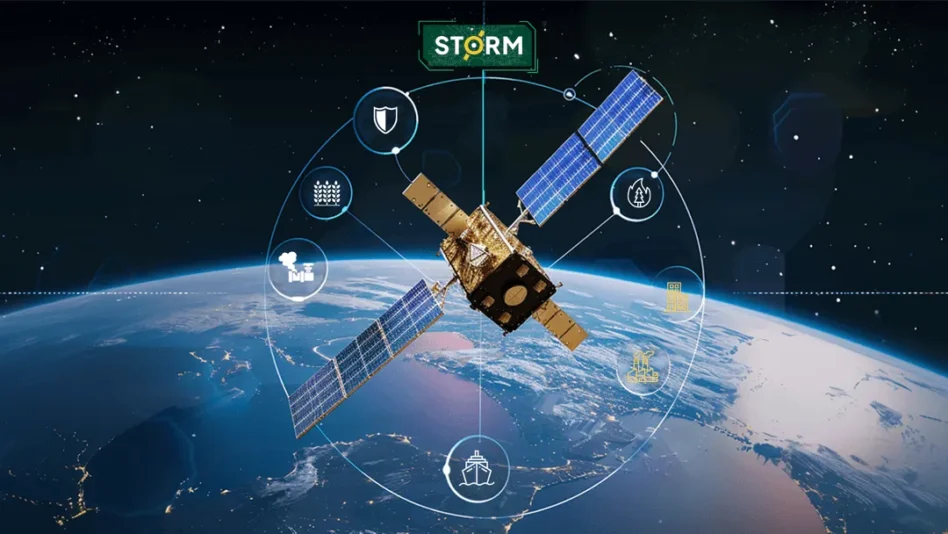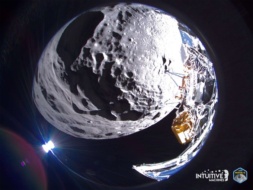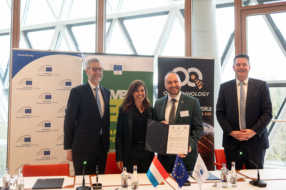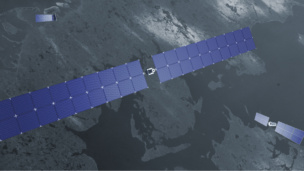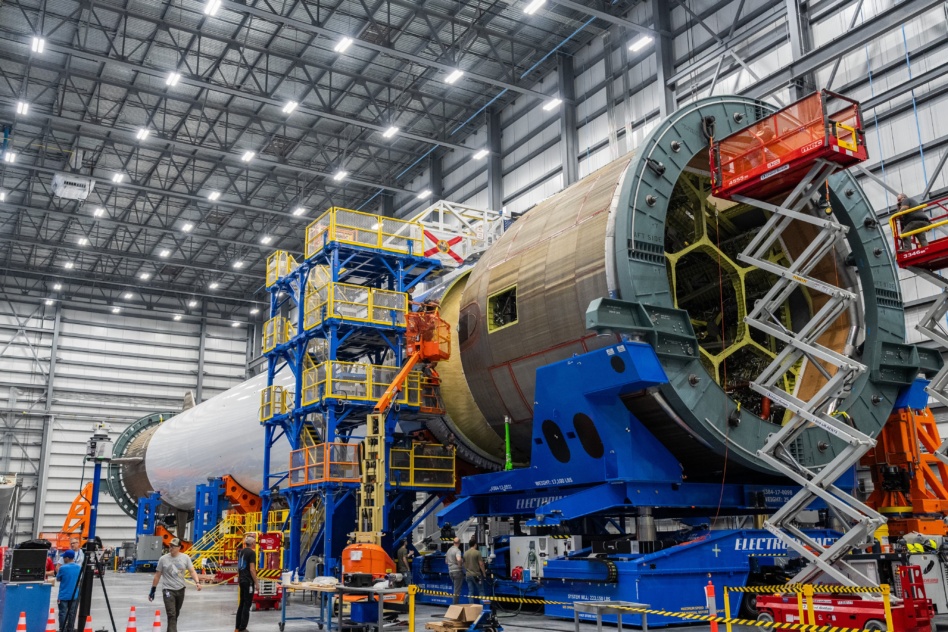Techstars, a startup accelerator, announced its fall 2024 cohort today—and it’s one of the most diverse classes yet, hailing from four different countries with focus areas spanning much of the space sector from launch to downlink to quantum comms.
The 12 space startups will receive an initial cash injection of $20,000 each in exchange for 6% of common equity at the next priced fundraising round, with the option for an additional $100,000 convertible note with a 20% discount rate. In addition to the cash, the startups receive mentoring and access to the Techstars network of alumni and investors to help with everything from go-to-market strategies to technical oversight.
Roll call: This year’s cohort is Techstars most international group yet, with five of the startups headquartered outside the US: two from India, two from Australia, and one from the UK.
It’s a testament not only to how much the global space industry has flourished in recent years— particularly in India—but also how much the US still drives the world’s industry, as all of the international startups have hopes that Techstars can help pave a path toward DoD and NASA contracts.
“There’s this emerging vibrant sector in India that we are creating deeper and deeper ties with here through our program, and creating this commercial and defense bridge between our governments, our investors, our primes here and that country’s ecosystem,” Matt Kozlov, managing director of the accelerator, told Payload.
Meet the class: The cohort represents a wide range of business models in the space ecosystem.
On the hardware side, two companies are attempting to crack the code of cheaper access to orbit.
- Astron Systems, a UK-based startup, is building fully reusable rockets and hopes they can reduce the cost of launch to under $4,000/kg—lower than the Falcon 9.
- ATRX, headquartered in Huntsville, AL, has plans to build a reusable space plane that can take off and land horizontally on any runway in the world.
Many of the other companies are working in the software space and have found ways to use next-generation technology to make space operations more efficient and reliable.
Get down: Two of the companies in the cohort want to solve the issues surrounding downlinking data from satellites to ground stations.
- SkyServe, based in Cupertino, CA, is building a data processing system, which uses edge computing to interpret data on board the satellite to send down the most relevant information. The company has already demonstrated their technology on a D-Orbit satellite and flown a mission on a Loft Orbital bird.
- ColliMate Space is approaching this problem from a different angle—using a combination of AI and machine learning to take in as much data as possible from satellites and publicly available sources, to predict and mitigate service outages, so that companies collecting data in space can reliably downlink it when they need it.
Both companies have found that the wealth of data gathered by satellites on orbit can be put to good use with the right software filtering through that data.
“Space is interesting. You have a lot of data. It’s very sterile data, which is a very ideal space for any kind of machine learning capability to work in,” ColliMate CTO Tony Xiao told Payload.
Not all of the next-generation technology is AI-based. One company, Pramatra Space, out of Bangalore, India, is attempting to break ground on quantum communications technology.
The company plans to operate satellites in orbit and distribute quantum keys to give their clients the ability to better protect their satellites from being hacked. At a time when the US military is increasingly looking to secure assets in space that could be targeted by adversarial nations, quantum technology could offer an additional layer of protection.
Homecoming: While each company offers a unique product or service to the market, they are connected by a strong sense that partnering with Techstars will open up new opportunities in the US market.
Techstars has a long track record of success, backing big names in space, including Slingshot Aerospace, Charter Space, and Little Place Labs.
However, other cohort participants can vouch for Techstars value first hand. More than a few of the founders in this latest class have previously worked with or for companies which previously took part in Techstars’ accelerator program, including the CEO of Pramatra Space, Richa Hukumchand; the CTO of ColliMate, Tony Xiao; and the CEO of ATRX, Felix Bustos III.
“There’s this whole flywheel developing of founders who have an affiliation to another Techstars company now starting something new and going back to Techstars,” Kozlov said. “It shows this space ecosystem flywheel that we’ve built is really strong and giving back and turning on itself in cool ways.”
